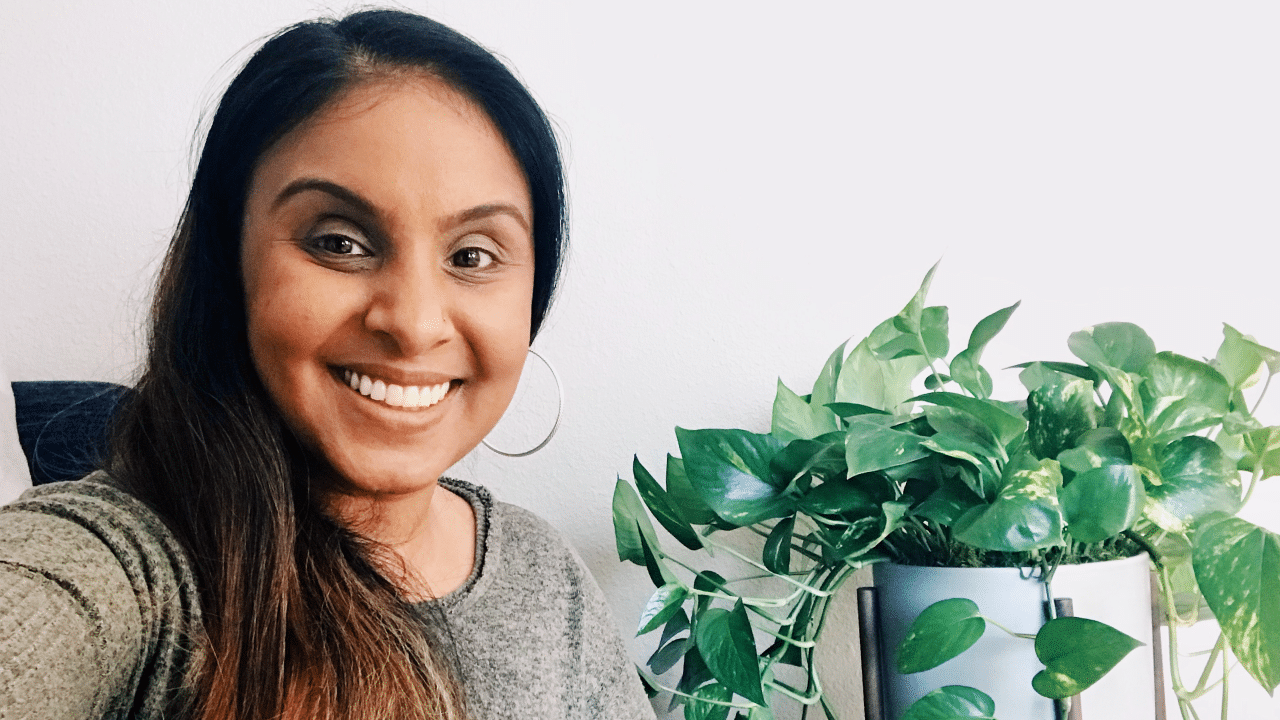Across the non-profit sector, people of color represent 40% of the workforce but less than 20% of the executive directors or CEOs. To address this gap, Tipping Point developed the Emerging Leaders Fellowship to support the growth and leadership skills of non-profit leaders of color. We’ve asked participants to share their thoughts on leadership during turbulent times. Moneek Bhanot, Director of Postsecondary Strategy & Implementation at OneGoal and Co-Founder of Reflecting Justice, shares her perspective.
At the beginning of 2020, I was full of hope and momentum—finding my voice as a woman of color at my non-profit organization, discovering a rhythm at home as a mother to a toddler and an infant, and excited about growing as a leader in Tipping Point’s Emerging Leaders Fellowship.
As I’m sure many can relate, the way this year started for me is vastly different from where I am now. As these shifts have occurred, I’ve been holding the complexity of the many privileges I have as well as the challenges I face. I’ve been able to work from home, continue to have access to a steady income and health care, and spend quality time with my family that I wouldn’t have gotten to otherwise. At the same time, I’ve lost child care and the community that came with it and have been overwhelmed by parenting two small children while working.
As a country, we are facing the consequences of a deeply inequitable and inhumane foundation. Most of the challenges we are experiencing are a direct result of systems designed to oppress—a pandemic disproportionately impacting people of color, horrific police violence against Black people, and natural disasters that stem from deprioritizing environmental policy and denying Indigenous sovereignty and wisdom. We are all impacted by it in one way or another, especially the communities we non-profits support.
This time of crisis has been a calling for us to interrogate these inequitable systems that impact every aspect of our safety and well-being. And, seven months in, many non-profit systems are also demanding that we return to the pace we were at before the pandemic, to start producing at the same rate again if we slowed down at all, and even to hit the same goals—but at what cost? We must ask ourselves, why would we go back to the same ways of being and the same systems that have led to the injustices we are seeing now? How can we pause long enough and consistently enough to adapt with intention and create something more equitable than it was before?
For those of us in leadership positions at non-profit organizations, we can and must shift organizational systems to be more equitable and people-centered, and we can start by asking critical questions.
Non-profit organizations can ask:
- How have we paused to rethink and adjust our goals and truly deprioritize nonessential activities? Simultaneously, how do the people most impacted by systemic inequities help us decide what our priorities are?
- How can we be supporting the mental health of our staff during this time of continued crisis? What are we communicating about rest and time off both implicitly in our culture and explicitly through our policies?
- How can we ensure the most marginalized voices are heard within our own decision-making processes and organizational systems?
Funders and donors can ask:
- How can we expand our definitions of success and hold organizations accountable to equity—not just in outcomes but also in process?
- How will we recognize and reward organizations not only based on whether they hit goals this year, but also for how they center the voices of the communities they hope to impact in goal-setting and decision-making processes?
- How will we support and invest in organizations that are embedding anti-racist policies into their ways of being and supporting the well-being of their people?
What I’ve learned is, much like any organization, I can only create the type of justice I want to see in the world when I embody it. In the midst of shelter-in-place and facing financial constraints due to COVID-19, my organization called on all teams to creatively reduce costs. I used my positional power at OneGoal to propose a staffing restructure that resulted in my demotion and a cut in salary so that no one on my team would be laid off. This choice was nuanced—on the one hand this was a hard choice as a woman of color who has battled White dominant culture to become a leader in the non-profit sector. On the other hand, it was a systems-level change in my organization that benefited the collective—and during a global pandemic, no less. Most importantly, it was an equitable decision that put people at the center.
I have been unlearning the idea conditioned into us by White supremacy culture that our worth is defined by what we produce. This has manifested as I’ve taken time off to rest and prioritize my mental health and to be present with my children and partner. Professionally, asking these questions has allowed me to realign with my purpose, which is to live into love and justice as deeply as I can in all that I do. As such, I’ve co-founded a DEI coaching and consulting firm whose mission is to channel individual and organizational reflection into action to dismantle White supremacy.
Examining how I can embody equity and utilize my power for change has taken time, introspection, and intention—and it is an ongoing practice. I invite you to create your own reflective practice. How will you respond to this moment? How will you use your power to make an impact?


